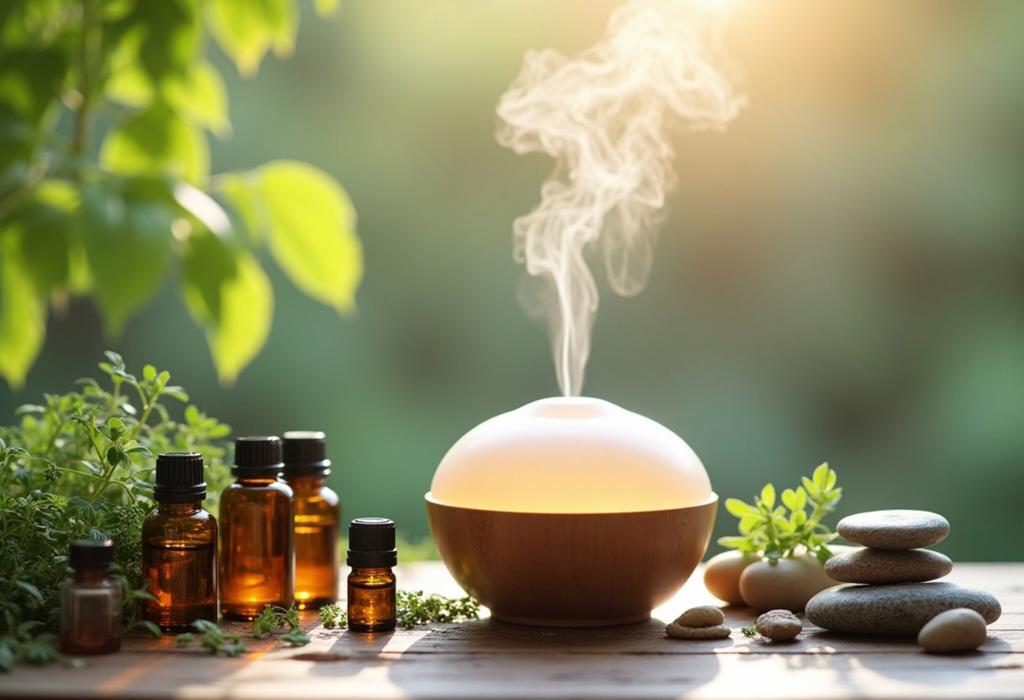For more details on this content, please review the step-by-step guide and frequently asked questions.
How to Use Essential Oils Safely

Step-by-Step Guide
Understanding Essential Oils
Essential oils are concentrated plant extracts that retain the natural smell and flavor of the source. Each essential oil has unique benefits and properties. It's crucial to educate yourself about the oils you wish to use.
Choosing Quality Oils
Make sure to select high-quality, pure essential oils. Look for oils that are 100% pure and free from additives. Research reputable suppliers and brands that guarantee quality.
Performing a Patch Test
Before applying any essential oil directly to the skin, perform a patch test. Mix a small amount with a carrier oil and apply it to a small area of skin. Wait 24 hours to see if any allergic reaction occurs.
Diluting Essential Oils
Always dilute essential oils before topical application. A general rule is to use 1-2 drops of essential oil per teaspoon (5ml) of carrier oil such as coconut oil, jojoba oil, or almond oil. This helps prevent skin irritation.
Using with Caution for Sensitive Areas
Avoid applying essential oils near sensitive areas, such as eyes, mucous membranes, and broken skin. Use extra caution when applying oils to children, pregnant women, or individuals with health issues.
Inhalation Method
You can safely inhale essential oils using a diffuser, or by putting a drop in your palms, rubbing them together, and breathing deeply. Ensure the space is well-ventilated to prevent overwhelming scents.
Safe Storage Practices
Store essential oils in a cool, dark place, away from sunlight. Ensure they are in tightly sealed glass or stainless steel containers to prolong their shelf life.
Avoiding Ingestion
Do not ingest essential oils unless under the direct guidance of a qualified healthcare provider. Ingestion can lead to toxic side effects and pose serious health risks.
Understanding Contraindications
Research any contraindications associated with essential oils, especially if taking medication, pregnant, or suffering from specific health conditions. Some essential oils can interact adversely with medications.
Seeking Professional Advice
Consult with a qualified aromatherapist or healthcare provider for personalized advice on essential oil use, especially if you are new to essential oils or have underlying health concerns.
Educating Yourself Further
Continue learning about essential oils through books, online courses, or workshops. Staying educated will enhance your knowledge and safety when using these powerful plant extracts.
Monitoring Effects
After using an essential oil, monitor for any adverse reactions. If any side effects occur, stop use immediately and consult a healthcare professional if necessary.








